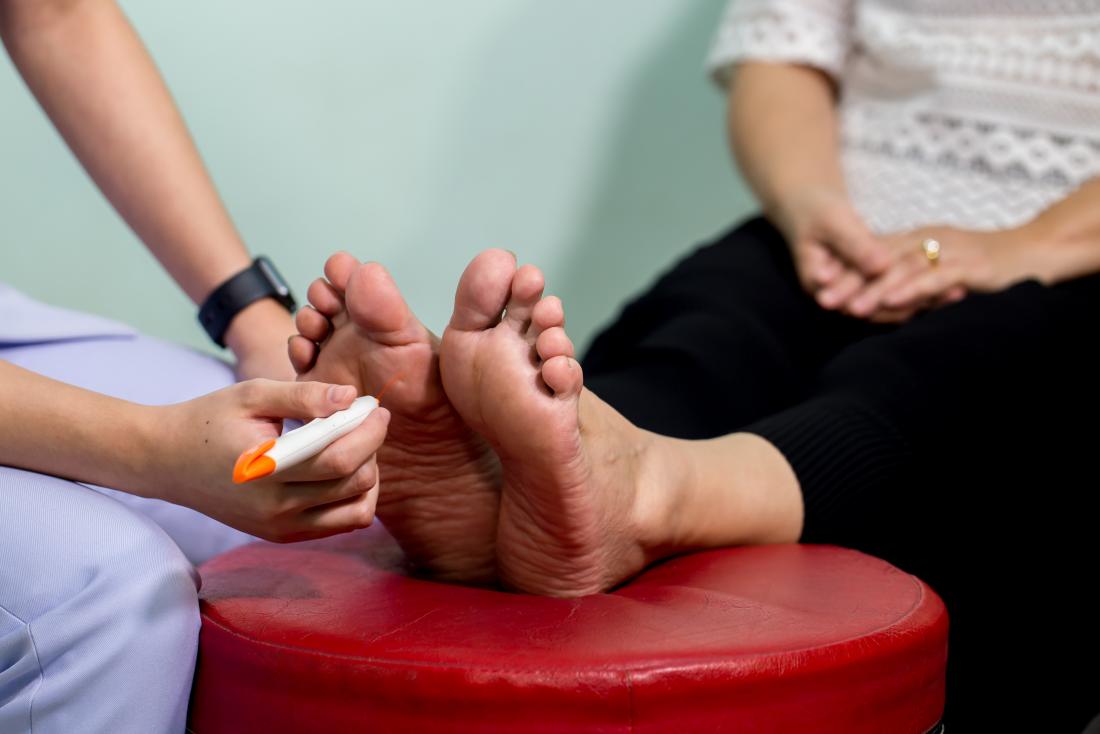What is the worst that can happen when you are diagnosed with a diabetic neuropathy condition? Apart from having uncontrolled high blood sugar, it also interferes with your ability to sense signals as a result of damaged nerves. With high blood sugar coming into play, the walls of your small blood vessels or capillaries that provide the nerves with oxygen and other nutrients may become weak. The only chance you have at surviving is to see a specialist in diabetic neuropathy in Baltimore.
The risk factors of diabetic neuropathy vary depending on how long you have been suffering from it. They include:
- Uncontrolled blood sugar that can predispose you to a variety of diabetes complications and nerve damage
- If you already have type 1 or type 2 diabetes, your chances of developing neuropathy increase if your blood sugar is poorly controlled
- If you have kidney complications that may send toxic substances into your blood, causing nerve damage
- If you are obese with a BMI of 30 or more
- If you are a smoker, chances are your arteries may narrow and stiffen. This may lead to reduced blood flow to your legs and feet.
How Diabetic Neuropathy is Tested and Diagnosed
Like most chronic conditions, diabetic neuropathy can put a massive toll on the quality of your life. While there is no cure for type 1 and type 2 diabetes and neuropathy, a specialist at CHOICE Pain & Rehabilitation Center LLC can provide you with a comprehensive solution to help you cope with your condition.
During the diagnosis, your doctor will perform a physical exam and carefully review your medical history to tailor a perfect medical plan to resolve your problem. Your doctor will test your overall muscle strength and tone, tendon reflexes, and the sensitivity to touch or vibration.
To establish whether you have diabetic neuropathy, your doctor may also order the following tests:
Filament test
This is where a doctor runs a soft filament or fiber over the areas of your skin to verify whether it is sensitive to touch.
Sensory test
It involves noninvasive testing to determine how your nerves respond to vibrations and changes in temperature.
Nerve conduction test
The doctor tests whether the nerves in your arms and legs can conduct electric signals.
Electromyography
It is form of muscle response testing to measure electrical discharges produced by your muscles.
Autonomic testing
Your doctor asks you to change in different positions to assess how your blood pressure responds. It can also be used to test your sweating responses.
You Do Not Have to Live with Diabetic Neuropathy
Going by the rising cases in diabetic-related fatalities, most doctors advise patients to seek help before it is too late. If you have been living with diabetes for long, chances are you may develop neuropathy. If you fail to seek the assistance of a specialist, you risk damaging most of your tissues and organs. For more information on aspects of diabetic neuropathy, consult your doctor today.

